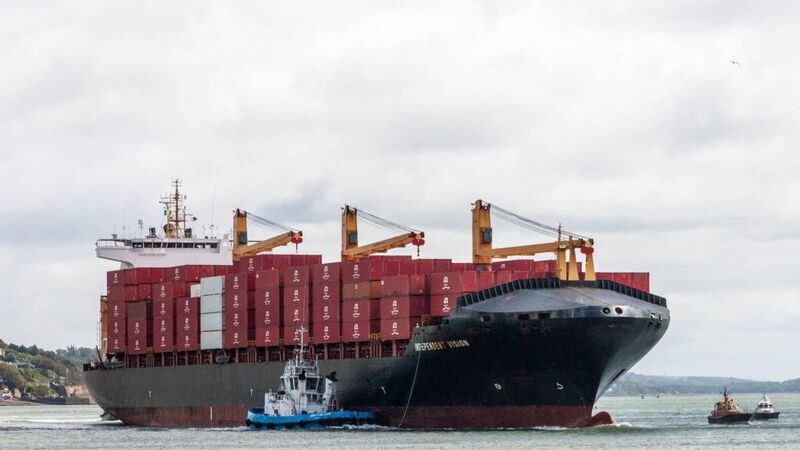Calls for adjustment fund as some firms face difficulty with new 15% US tariff rate

Chief executive of the Irish Exporters Association Simon McKeever said: 'I don't think it's a great deal.' Picture: David Creedon / Anzenberger
The Irish Exporters Association has called for a tariff adjustment fund to be established in light of the new trade deal between the EU and the US, as small-margin companies will find it difficult to handle the new 15% tariff and may have to “withdraw from the US”.
On Sunday, EU Commission president Ursula von der Leyen agreed a deal with US president Donald Trump which would see imports to the US from the bloc hit with a 15% tariff. This is up from the 10% currently in place but lower than the 30% Mr Trump recently threatened to impose should a deal not have been reached.











